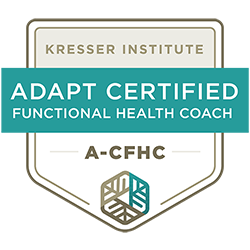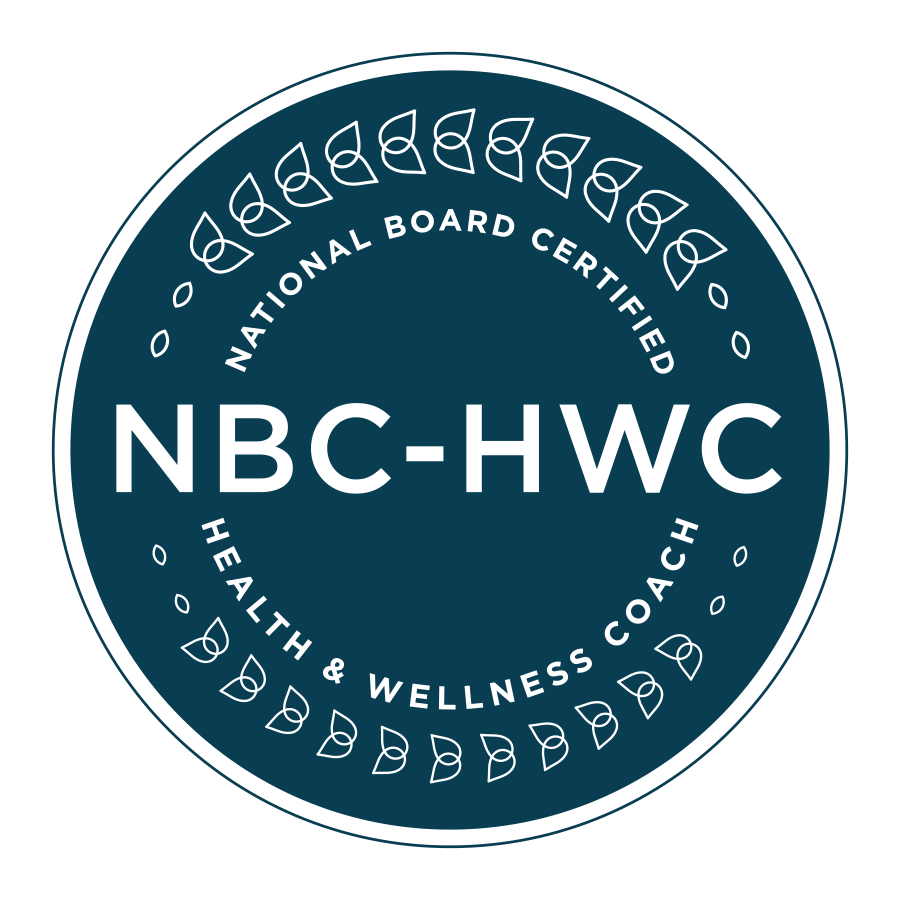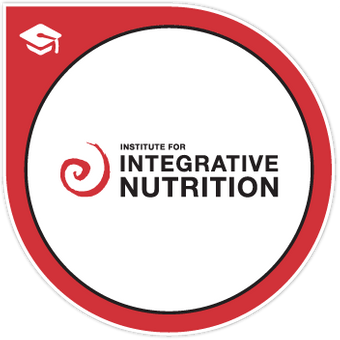Despite being intelligent beings, we humans have lost touch with the foundations for how we naturally thrive and as a result we can continue to have success in our professional and personal lives, but avoiding the downside costs of success, like burnout.
Just like bees, our human ancestors evolved to know instinctively what to do every second of every day.
And let’s face it, we are really sophisticated biocomputers.
The problem is we’ve both got out of balance with how our evolutionary history has programmed us to live life. In other words with health, vitality, and without chronic disease.
Bees are under attack from their environment – from environmental toxins (like neonicotinoids and other pesticides commonplace in intensive farming methods), habitat loss, extremes of climate, and disease [1].
And just as the environment for bees is changing, in a short scintilla of time within human evolution, we have altered the environment in which humans thrive.
The environment in which we thrive, or burnout
So what do I mean by the environment?
Well, it’s everything around us, all the choices we make every day about diet, behaviours and lifestyle. They determine whether or not we create the conditions to thrive with success and avoid burnout:
- the food we eat – or more usually, the food-like products
- the air we breathe and the water we drink
- our over-use of digital devices
- the chronic stress we fail to manage, like when our colleagues press our buttons
- our over-reliance on prescription and over-the-counter medicines that tap into our “magic-pill” mindset
- the cosmetics and personal care products we use
- our sedentary lifestyle that comes from hours spent sitting a desk or on a comfy sofa watching TV
- over-reliance on products and services that prioritise convenience over nourishment
What’s changed? Hint: it’s not the formula for your success
For 66,000 generations, we humans primarily ate meat and fish, and moved in sync with the rhythms of day and night.
We had close knit communities and our main stresses were surviving against our natural predators and worrying about where our next meal might be coming from.
Of course, our daily lives have evolved since then.
For example, instead of being chased by a lion, nowadays we worry about whether our stakeholders are expecting us to perform more with less.
We have to deal with challenging life events that feature our modern lives, and test our resilience.
We are alert in bed and instead of falling asleep, we ruminate over and over about meeting the next work deadline or giving an important presentation.
How do you wake up in the morning feeling good?
So how can you weather life’s ups and downs so that your success feels authentic, and that you also think, look and feel good.
Well, it’s by looking at your mental and physical health and wellbeing from an unconventional perspective.
Success is built on a solid foundation so that you can thrive!
It sounds obvious, doesn’t it?
We have great tools and minds to help scenario plan at work to tackle difficult business problems.
But as humans we find it difficult to change ourselves, even if it’s obvious to us that change will bring about positive outcomes, including ones related to your health and wellbeing.
Your doctor tells you that you have to lose weight.
Your partner tells you that you should put away your phone more.
When someone tells us to do something, we more often that not seek to do the opposite! It’s totally natural.
As much as we humans are social creatures, we want to preserve our self-autonomy.
And we’re also more inclined more towards the quick fix. We favour a mindset that thinks that if something goes wrong with me, there’ll be a pill for it.
If I have a headache, I’ll pop a paracetamol / ibuprofen.
Conventional Medicine usually resorts to prescribing a drug, or swallowing a tablet you bought from the pharmacy. Yet, this approach is not great for dealing with the chronic diseases that are regular features in our modern, industrialised world.
Chronic diseases like cancer, diabetes, autoimmunity, irritable bowel syndrome (IBS), hypertension, and heart disease. And even brain degenerative diseases, like Alzheimer’s, Parkinson’s and dementia.
An unconventional approach to treat chronic diseases
If you are in an accident, and you need to be put back together, Conventional Medicine can truly be life saving.
When it comes to chronic diseases, however, Conventional Medicine tends to diagnose what’s wrong long after a health issue has taken root.
And often the treatment is almost entirely focused on suppressing symptoms, usually with drugs that have powerful, long-term, negative side effects.
So I invite you to think unconventionally!
For example, if you get a headache, have you paused to ask why you have a headache?
Taking a paracetamol will relieve your symptoms, however it won’t deal with WHY you have a headache in the first place.
Your foundation for success: avoid burnout by getting to your root cause
The Functional Medicine approach [2], on the other hand, takes a leaf out of the philosophy of Chinese medicine and takes a different perspective.
It looks at the root cause of the problem, and eliminates symptoms by addressing that root cause.
It is an evidence-based field of health care that views the body as an interconnected whole, and recognises the importance of these connections in health and disease.
Functional Medicine practitioners are like gardeners.
They help establish a strong foundation. In other words, they cultivate a healthy soil so that pests and weeds cannot flourish.
In the human body, those pests and weeds are the chronic diseases we are too familiar with in our modern world.
If you add that to an ancestral health approach that minimises the genetic mismatch between the environment you were designed to live in and the environment that you find yourself in now, it helps steer you towards a balance that we humans were designed for.
So what are the key components of that environment that create a strong foundation for you to be healthy and thrive?
- Food
- Movement
- Stress
- Sleep
By cultivating a strong foundation in all those areas, you’re minimising the likelihood that a Conventional Medicine practitioner needs to come along and spray some weedkiller.
An unconventional approach doesn’t meant that it’s ineffective. It just means it’s not what most people do.
Where can you start?
You too can create your own foundation for success, and to thrive without burnout.
It’s simple to create a strong foundation.
How?
Eat foods we were designed to eat, and hydrate well.
Move frequently, be playful, spend time outdoors in the sunshine.
Minimise your exposure to environmental toxins.
Get good quality sleep, consistently.
Manage your stress and time spent with technology.
Do you notice that there’s no prescription or over-the-counter drugs involved in this template? Are some of those areas obvious, or are they new to you?
What this template does is to create a strong foundation for good health by:
- minimising inflammation in your body – one of the key causes for disease
- creating the conditions for good gut health so you can operate in the way they were designed to
Over to you!
If you’re reading this and thinking, “yes, it’s all logical”, I offer you two questions for you to consider.
How much of this Functional Medicine and ancestral health approach are you incorporating in your daily life?
What will it take for you to have success without the burnout?
I encourage you to explore and experiment, and to think unconventionally!
You can read more about my journey to success without burnout. I hope it inspires a desire in you to explore your own journey.
And, if you need a partner to help you to close the gap so that how you thrive feels authentic to you, come and work with me.
I am confident that the very reasons for your existing success are the foundation for you to thrive and avoid burnout as well.
Be wise, be healthy and be well!
Eric




